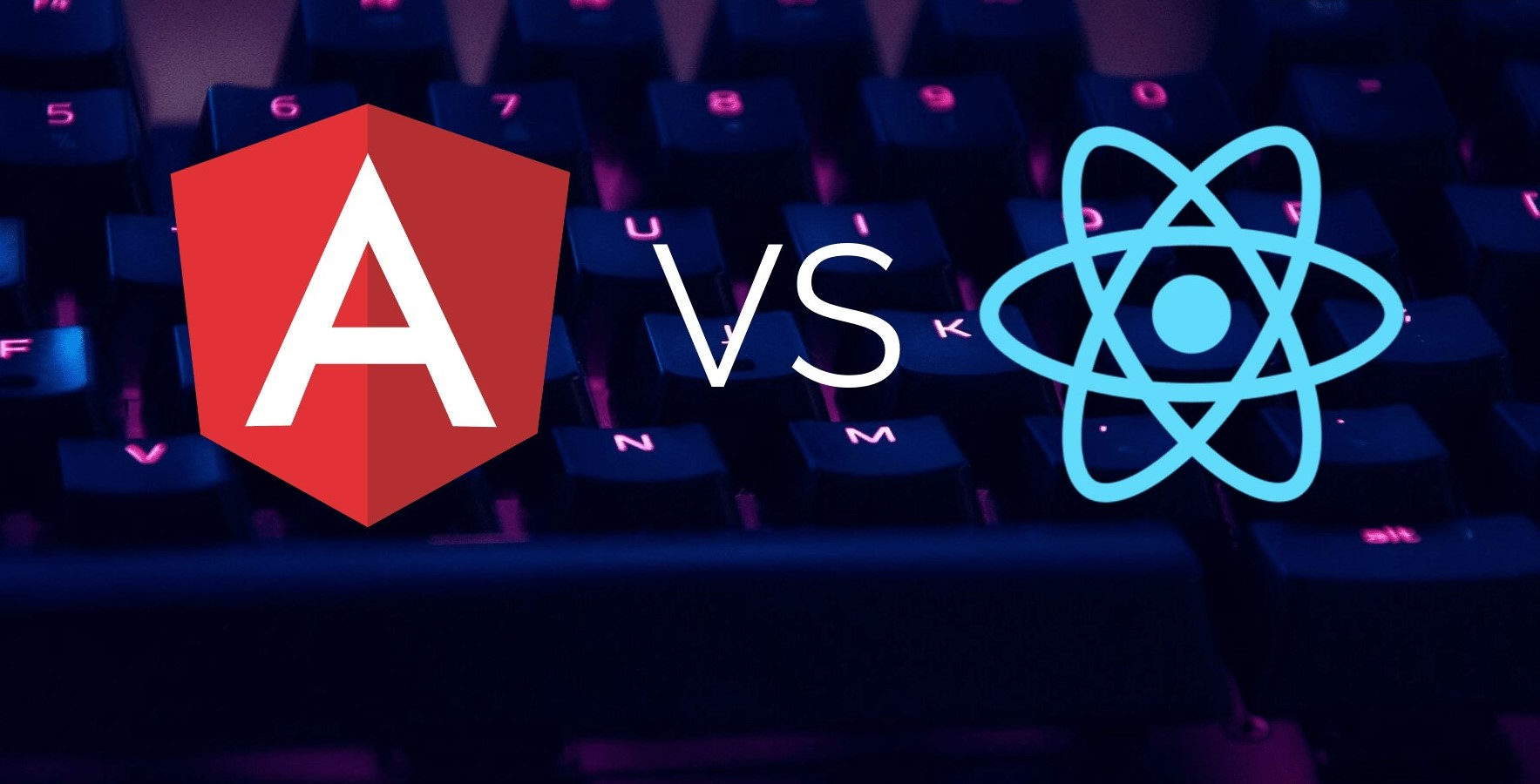Introduction to Angular and React
When it comes to building web applications, developers have a plethora of options available. Two popular choices are Angular and React. Both frameworks have gained significant traction in the developer community, and each offers its own set of features and benefits. In this article, we will compare Angular and React to help you make an informed decision when choosing the right framework for your app.

Understanding Angular
Angular is a TypeScript-based open-source framework developed and maintained by Google. It is known for its comprehensive feature set and robust architecture. Angular follows the component-based architecture, where the UI is divided into reusable components that can be easily managed and maintained. Some key features of Angular include:
TypeScript Integration
Angular is built on top of TypeScript, a superset of JavaScript that introduces static typing and other advanced features. TypeScript enhances the development experience by providing features like type checking, code navigation, and better IDE support.
Two-Way Data Binding
Angular offers powerful two-way data binding, which allows automatic synchronization of data between the UI and the model. Any changes made in the UI are automatically reflected in the underlying data, and vice versa.
Dependency Injection
Angular has a built-in dependency injection system that simplifies the management of dependencies within the application. It promotes modularity and testability by allowing components to be easily decoupled and tested in isolation.
Rich UI Components
Angular provides a rich set of UI components out of the box, including forms, validation, routing, and animations. These components can significantly speed up the development process and enhance the overall user experience.
Understanding React
React is a JavaScript library developed by Facebook for building user interfaces. It focuses on the view layer of an application and follows a component-based approach similar to Angular. React is known for its simplicity, performance, and flexibility. Some key features of React include:
Virtual DOM
React utilizes a virtual DOM, which is a lightweight representation of the actual DOM. This enables React to efficiently update only the necessary parts of the UI, resulting in better performance compared to traditional DOM manipulation.
Component Reusability
React promotes reusability by breaking the UI into reusable components. These components are highly modular and can be easily composed to build complex UIs. React’s component-based approach encourages code organization and maintainability.
JSX Syntax
React introduces JSX, a syntax extension that allows developers to write HTML-like code within JavaScript. JSX enhances the readability of the code and simplifies the process of creating and rendering components.
Unidirectional Data Flow
React follows a unidirectional data flow, where data flows in a single direction from parent components to child components. This helps maintain a predictable state management system and makes it easier to debug and reason about the application.
Choosing Between Angular and React
Now that we have explored the key features of both Angular and React, let’s discuss some factors to consider when choosing between the two:
Project Complexity
For large-scale, complex applications that require extensive features and a highly structured architecture, Angular might be the better choice. Its comprehensive feature set and opinionated nature make it suitable for enterprise-level projects.
On the other hand, if you’re building a smaller application or focusing on a specific view layer, React’s simplicity and flexibility can be advantageous. React’s lightweight nature makes it a popular choice for single-page applications and prototypes.
Learning Curve
Angular has a steeper learning curve compared to React, primarily due to its complex architecture and the need to understand TypeScript. If you have a team of experienced developers or if you’re already familiar with TypeScript, Angular might be a good fit.
React, on the other hand, has a shallower learning curve and can be quickly picked up by developers with basic JavaScript knowledge. Its simplicity and extensive documentation make it accessible to beginners as well.
Ecosystem and Community Support
Both Angular and React have vibrant ecosystems and strong community support. Angular benefits from Google’s backing and has a well-established ecosystem with a wide range of libraries and tools. React, being backed by Facebook, also has a thriving community and an extensive ecosystem with numerous third-party libraries and utilities.
Consider your specific project requirements and the availability of resources within each ecosystem when making your decision.
Team Expertise and Preferences
The expertise and preferences of your development team should also be taken into account. If your team already has experience with either Angular or React, leveraging their expertise can be beneficial in terms of productivity and code quality. Additionally, considering the personal preferences and comfort level of your team members can contribute to a positive development experience.
Conclusion
Choosing between Angular and React ultimately depends on your project requirements, team expertise, and personal preferences. Both frameworks have their strengths and are widely adopted in the industry. Angular provides a robust, feature-rich solution suitable for complex applications, while React offers simplicity, flexibility, and a thriving community.
Consider the factors discussed in this article and evaluate your specific needs to make an informed decision. Whichever framework you choose, investing time in understanding its best practices and following industry standards will contribute to the success of your application development journey.

My name is Mark Stein and I am an author of technical articles at EasyTechh. I do the parsing, writing and publishing of articles on various IT topics.










+ There are no comments
Add yours